TRY Oyster Women Organization
Apr 28, 2022
First story
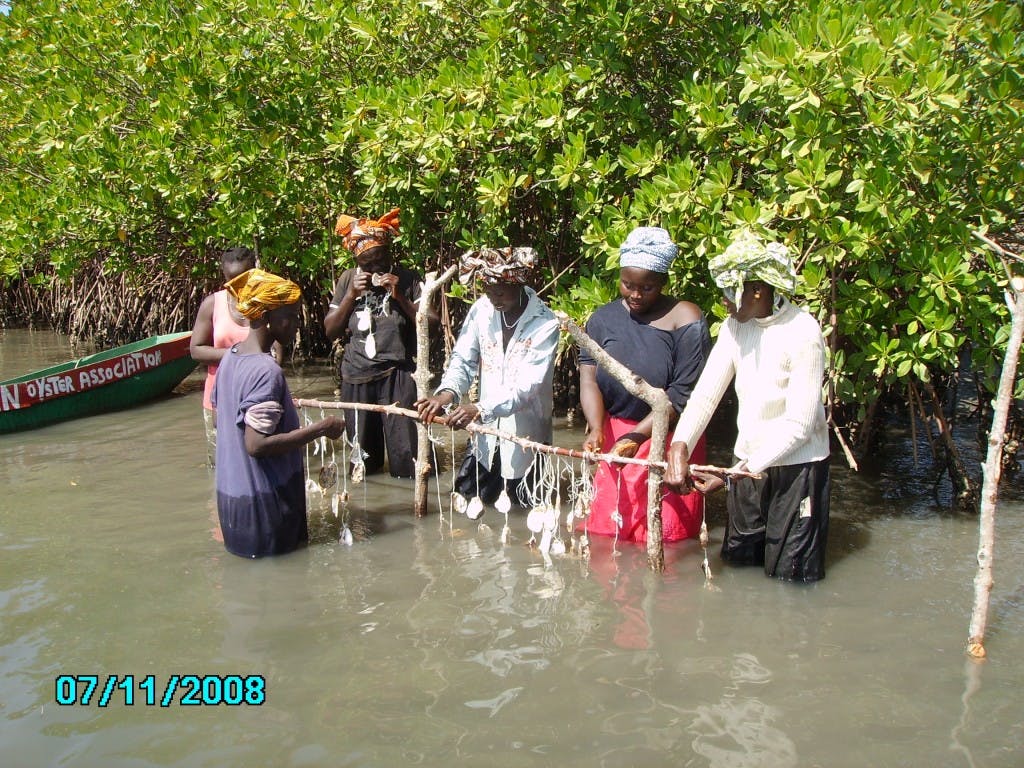
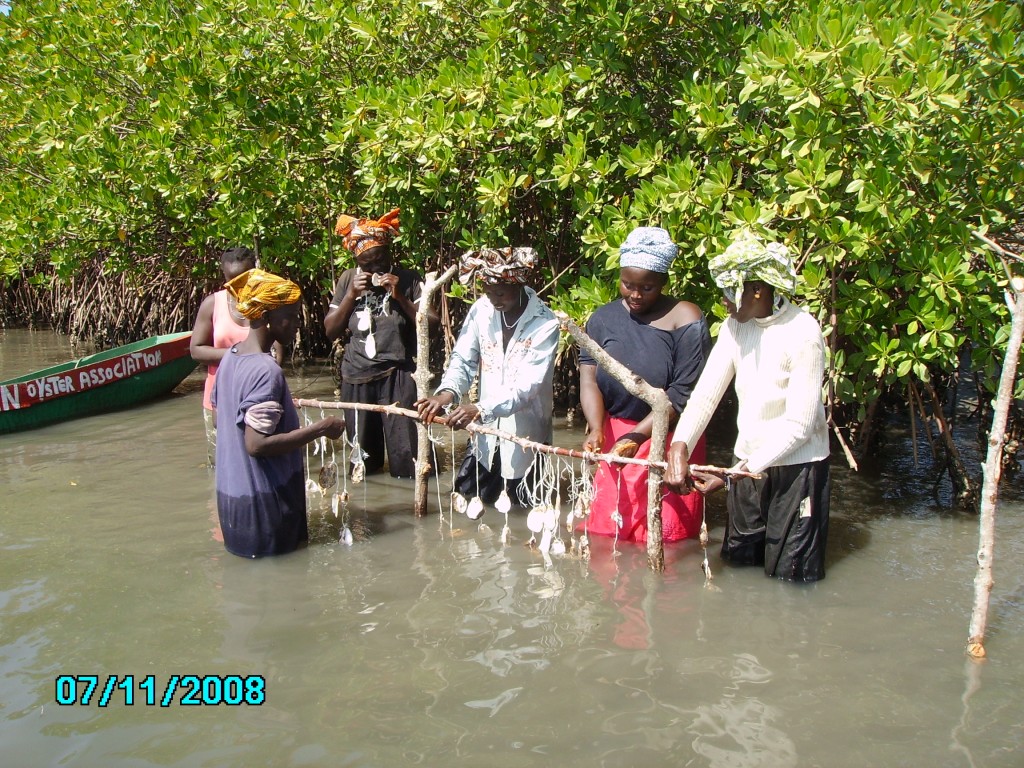
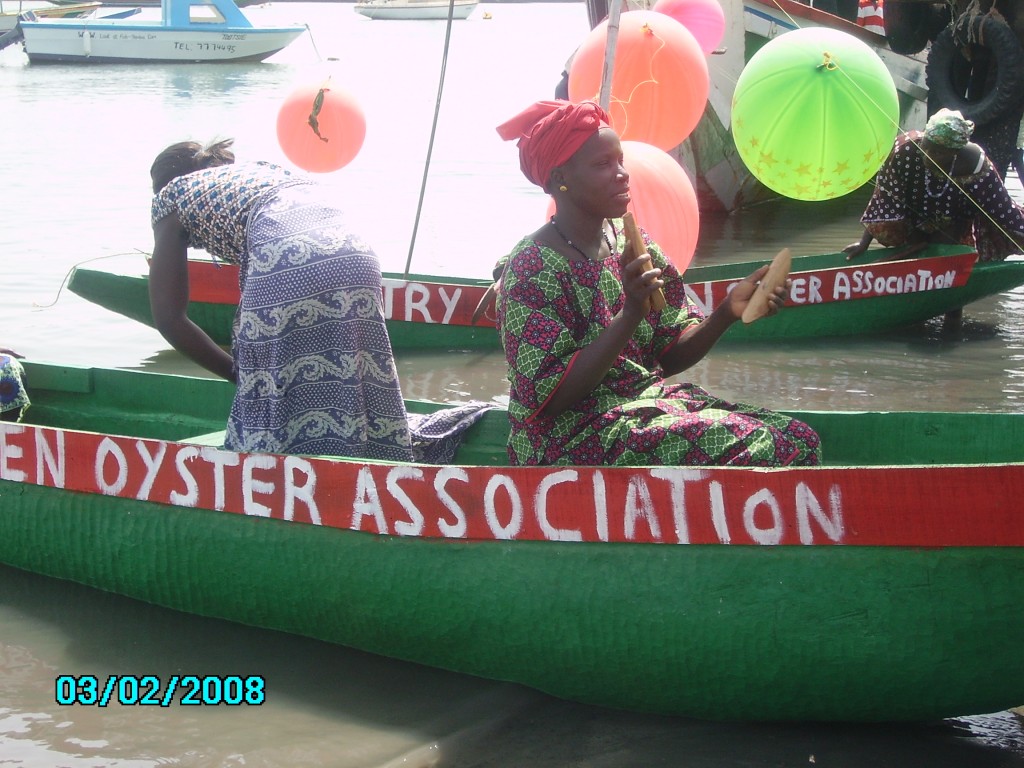
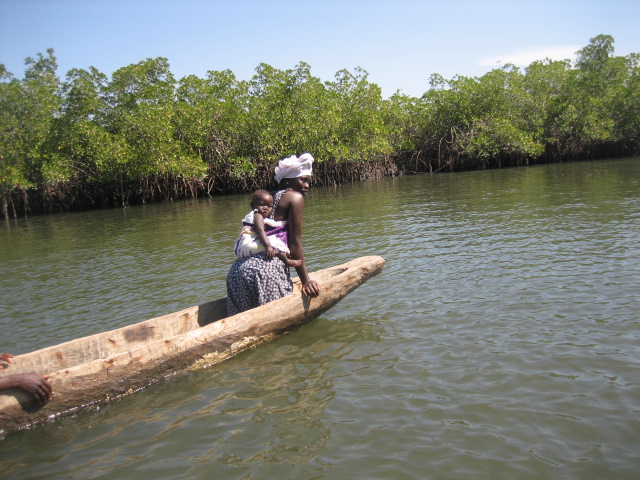
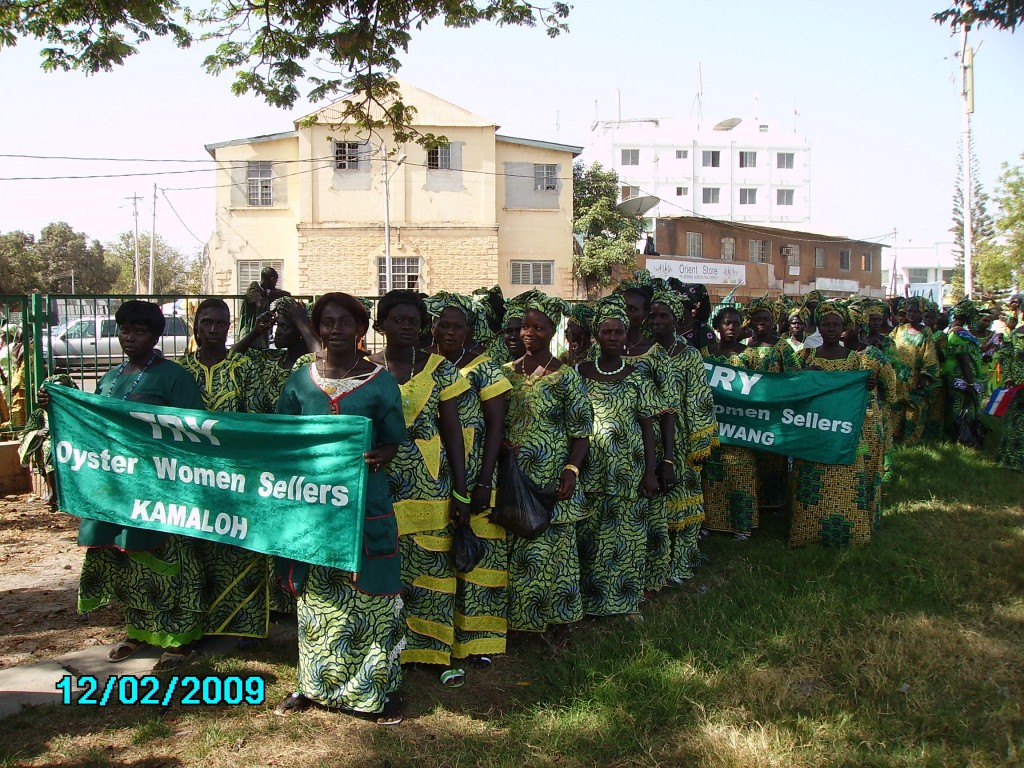
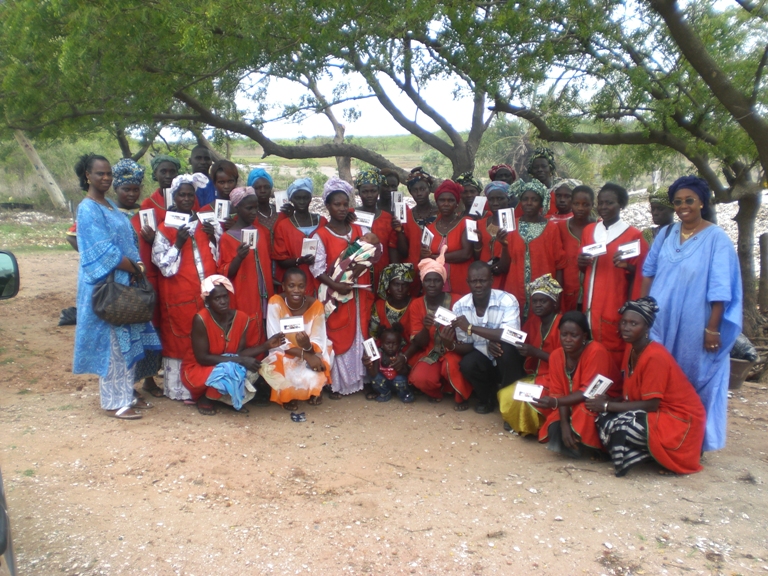
My name is Fatou Janha Mboob. I am 56 years old, and I have four children aged 25 to 32 years. Being married to a diplomat gave me the opportunity to live in different African countries, Cameroon, Ghana, Tanzania, to name a few; as well my training as a social and agricultural extension worker allowed me the opportunity to do a lot of charity work mainly with women groups. I have been affiliated with several international women associations all of which have been working for the uplifting of the African women and their emancipation from abject poverty and low social status.
I returned to my home country, The Gambia, in 2006 and established my own business as a fashion designer. However, I could not help but notice the plight of the hard working Gambian women harvesting and selling oysters and cockles. These women are classified as the poorest in Gambian society and their hard and often dangerous work has remained unnoticed as far back as my early childhood days. These women, despite being illiterate and poor are the bread winners of their families, responsible for clothing and feeding the family, paying school fees and medical bills. Many of them are widows. Those with husbands have to contend with the reality that they earn more money than their husbands who are mainly menial workers (night watchmen and labourers). The young teenage girls in the family usually work as house-helpers to supplement the family income instead of being at school.
I took the decision to venture into their world to get a more accurate impression of their situation and conditions of work. I found out that the women harvest, process and sell cockles and oysters using rudimentary technologies and they lack basic essentials such as boats, protective gear such as boots and gloves, and life jackets to curb the number of deaths by drowning. In addition to harvesting safety issues, there have been reported incidents of attacks on women at work, rapes, murder and serious injuries requiring hospitalisation. This unfortunate state of affairs spurred me on to get involved with the women.
We agreed to work together and form an association to address the issues confronting them. In 2007, TRY Association was established and registered as a charitable, non-profit community-based organization. The mission of TRY Association is: “to improve the welfare of the members of the Association thereby improving and adding value to their product, and consequently improving the social and economic conditions of its members”. TRY Association was first established in one community with 40 members and within four years the Association has spread to 15 communities and membership now stands at 500. The Association has elected members of its Executive Committee and has a Board of Directors. The Association has now gained national attention and recognition and is receiving support from an internationally funded project.
From individuals eking out a living with their bare hands, under this Association, the women organised fund raising activities and bought boats and safety gear. The women are now more aware of the environment and, for the first time in history of the Gambia, they have voluntarily decided to desist from oyster farming for a four-month period to avert the looming spectre of oyster extinction. To crown it all the women have travelled to Senegal to learn about oyster cultivation using the “hanging method”.
Much more work lies ahead. There is still an urgent need to improve harvesting technology and shift from chopping down mangrove forests to conserving them; developing oyster culture; improving the harvesting areas which are unhygienic and devoid of water and sanitation facilities; establishing a market for oysters and cockles and product development to meet the requirements of the hotel industry and for export.
Work has already started to develop and implement a co-management regime for sustainable oyster and cockle fisheries. The primary stakeholders are the women oyster and cockle harvesters, local government agencies, and government institutions.




